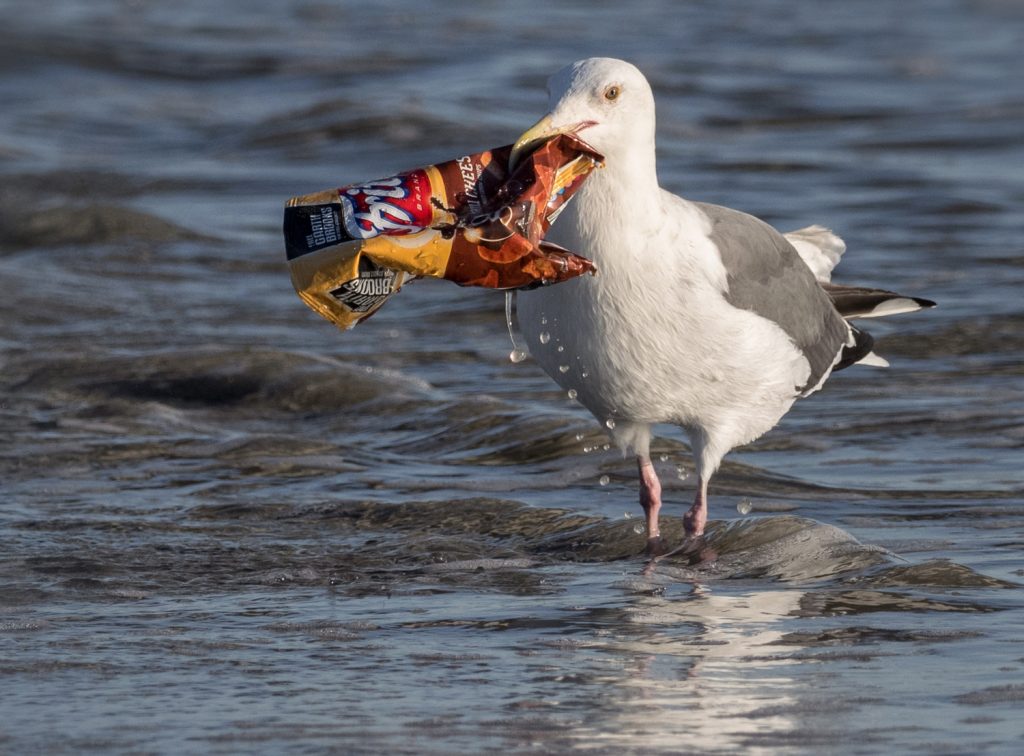Wasteful Management

You would have to be living under a rock to have not seen the images of seagulls with plastic rings around their necks or that video of the straw being pulled from the turtle’s nose. The environment and the animals that live in them have been suffering from man made pollution since the industrial revolution. What is currently on everyone’s minds is that global warming is the biggest issue of the 21st century, and they have forgotten about plastic pollution which some professor’s say that the two issues, plastic pollution and global warming, are intertwined and worsen each other. Companies that manufacture the most plastic like Dow Chemical and ExxonMobil, actively contribute to this problem, while also advertising to the public about how they are actively looking into stopping/reducing plastic pollution. Organizations like America’s Plastic Makers say they are finding other ways to reduce and reuse plastic in America, it’s an organization backed mostly by American companies, like Shell and DuPont. They pioneer for understanding the value that plastic has in the world while also saying they want to find ways to help fight pollution. Most if not all experts in the field would want to find alternatives to using plastic, such as paper products, as they are biodegradable, unlike plastic. We have an infographic with more facts about plastic waste here.
Plastic waste is a threat to all of the world and those that inhabit it, and one problem of plastic waste, is how its thrown away. Developed countries that produce most of the worlds plastic, also have well developed sanitation systems and trash removal services. Developed countries will actually pay developing countries money to take waste, which includes more than just plastic. Developing countries do not have the resources and money available in order to properly dispose or recycle it themselves, and they lack the money to pay another country to do it for them. This can lead to a harmful idea that these poorer countries are the problem, when in fact it is the opposite.
For right now it is up the general populace to stay informed on such topics of plastic waste management. According to studies the more uninformed you are the more unlikely you are to engage in behaviors that will help prevent such waste. You can find various articles to learn more about reducing your plastic waste, and we encourage you to do your own research. Here is some of our tips to reducing plastic waste.